French and Belgian officials mounted major sweeps of suspected militants in both countries on Monday in an attempt to dismantle the terror network that plotted the devastating attacks in Paris, while French President François Hollande cautioned the country that France is now “at war”—and is likely in for a long fight.
For only the second time in the country’s history, both houses of the French Congress met not in Paris, but 16 miles away in the ornate Versailles chateau. That underlined the sense that Friday’s attacks had left the government deeply shaken. The attacks, the biggest assault on the capital since World War II, left 129 people died and about 350 injured.
Addressing the politicians in the ornate, frescoed hall of the chateau, Hollande said he was hugely ratcheting up France’s military strikes against the Islamic State of Iraq and Greater Syria (ISIS), which claimed responsibility for the Paris attacks. Within hours of Friday’s attacks, the French leader imposed a national state of emergency, giving police expanded powers to scoop up suspected jihadists.
Hollande said that France’s biggest aircraft carrier, the Charles de Gaulle, would leave for the Middle East on Thursday, tripling the number of Rafale bomber jets capable of striking ISIS positions in Syria and Iraq. On Sunday night, French jets dropped 20 bombs over Raqqa, taking out arms depots and a training center, according to French officials. “We are not aiming to contain Daesh,” Hollande said, using the Arabic acronym for ISIS. “We must destroy this organization.”
He thanked the United States for helping France in coordinating the bombing on Sunday night, and reminded French politicians that the battle against ISIS—increasingly looking like a war—would require “patience.” He said legislation to extend the country’s state of emergency for three months would go before lawmakers later this week, and he said he would meet with American and Russian leaders to discuss coordinating their efforts in the fight against ISIS.
“We are at war against jihadist terrorism which threatens the whole of the world, not only France,” said Hollande, looking drained from the past three days, but with many hints of anger over the attacks. “We are fully aware that it will take time.” And also rare for France, Hollande’s address ended with the entire Congress standing solemnly and singing the French national anthem “Le Marseillaise.”
Despite the show of unity and patriotism, key French political figures made it clear on Monday that they fully expected more terror attacks in France. That message was difficult to hear for many shaken Parisians, as they returned to work on Monday after a weekend of nerve-racking emotion.
French Prime Minister Manuel Valls told the RTL radio network that he believed further attacks in France were almost inevitable. “Even if we managed to foil several terror attacks, [terrorists] can and will strike again,” he said. “I am not saying this to scare people but so that everybody is aware.”
See the World Show Solidarity for France After the Paris Attacks
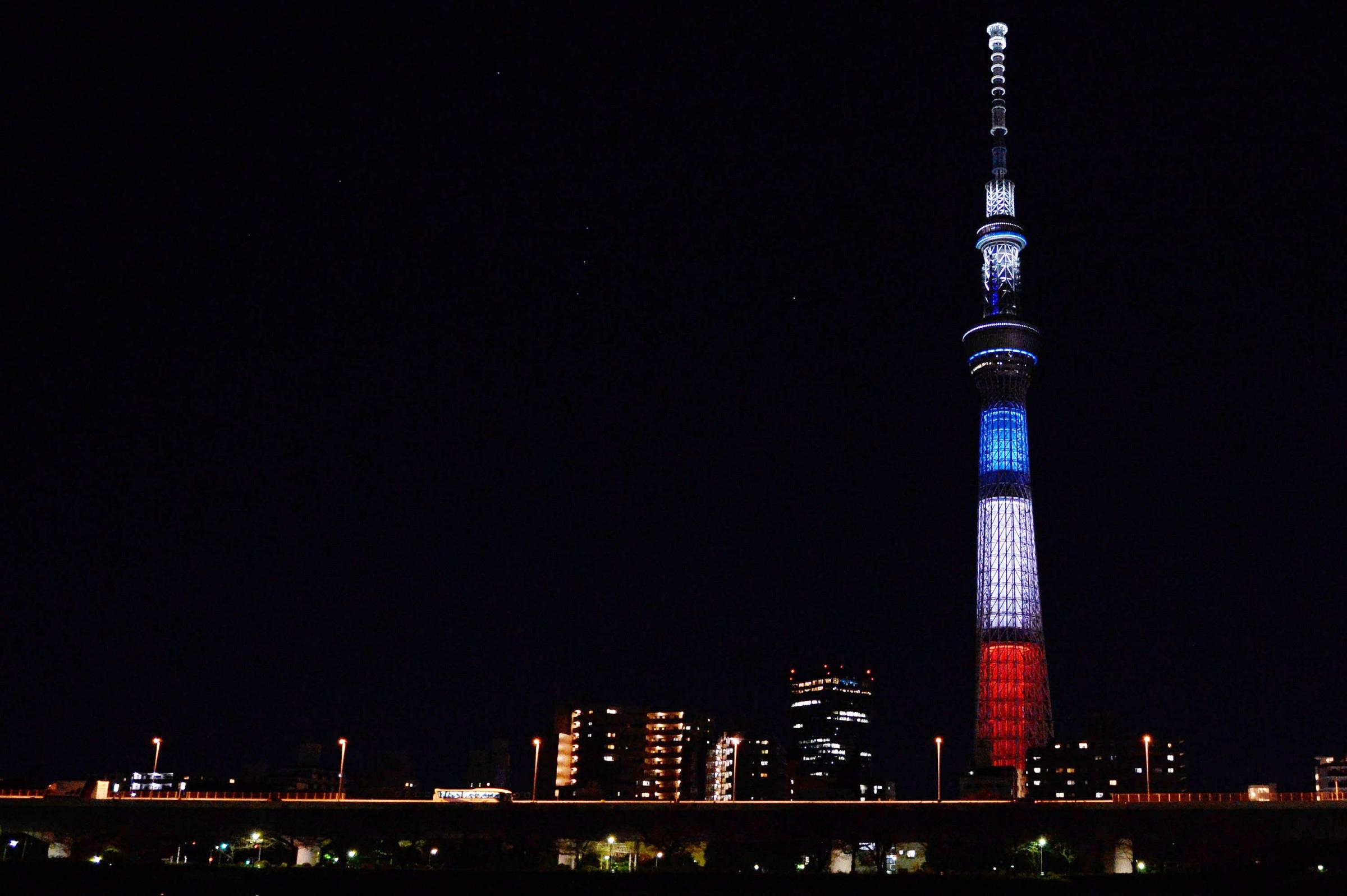
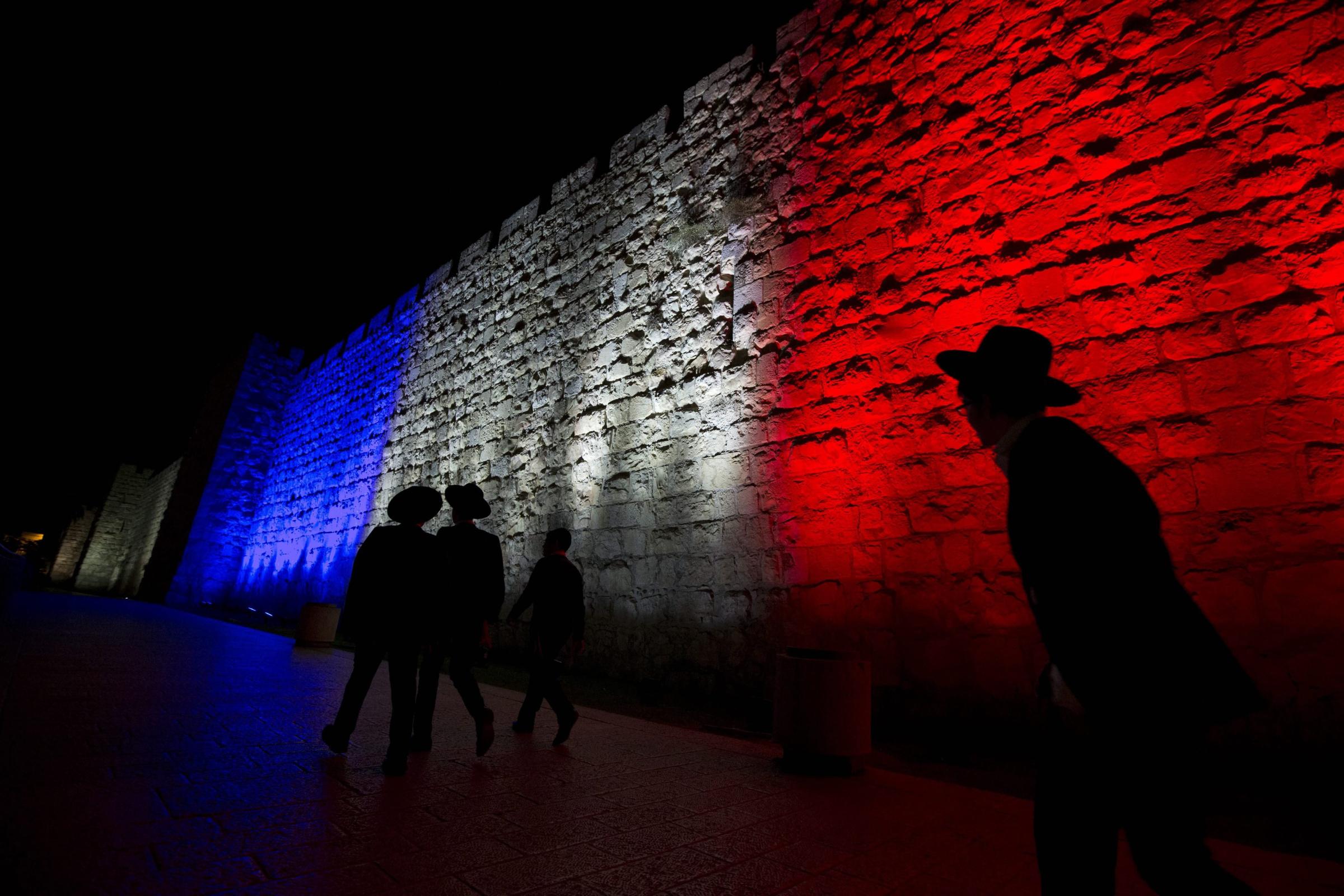
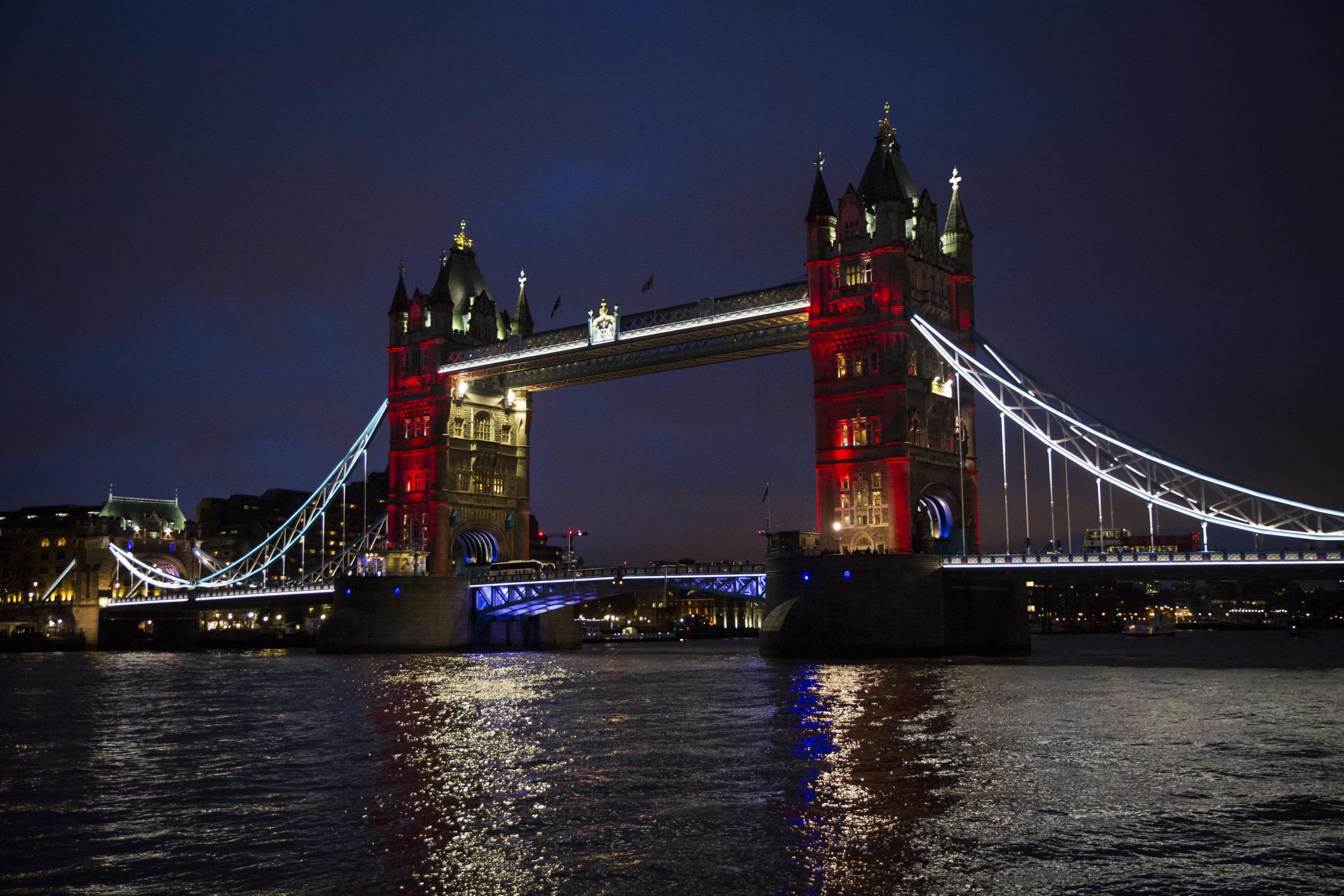
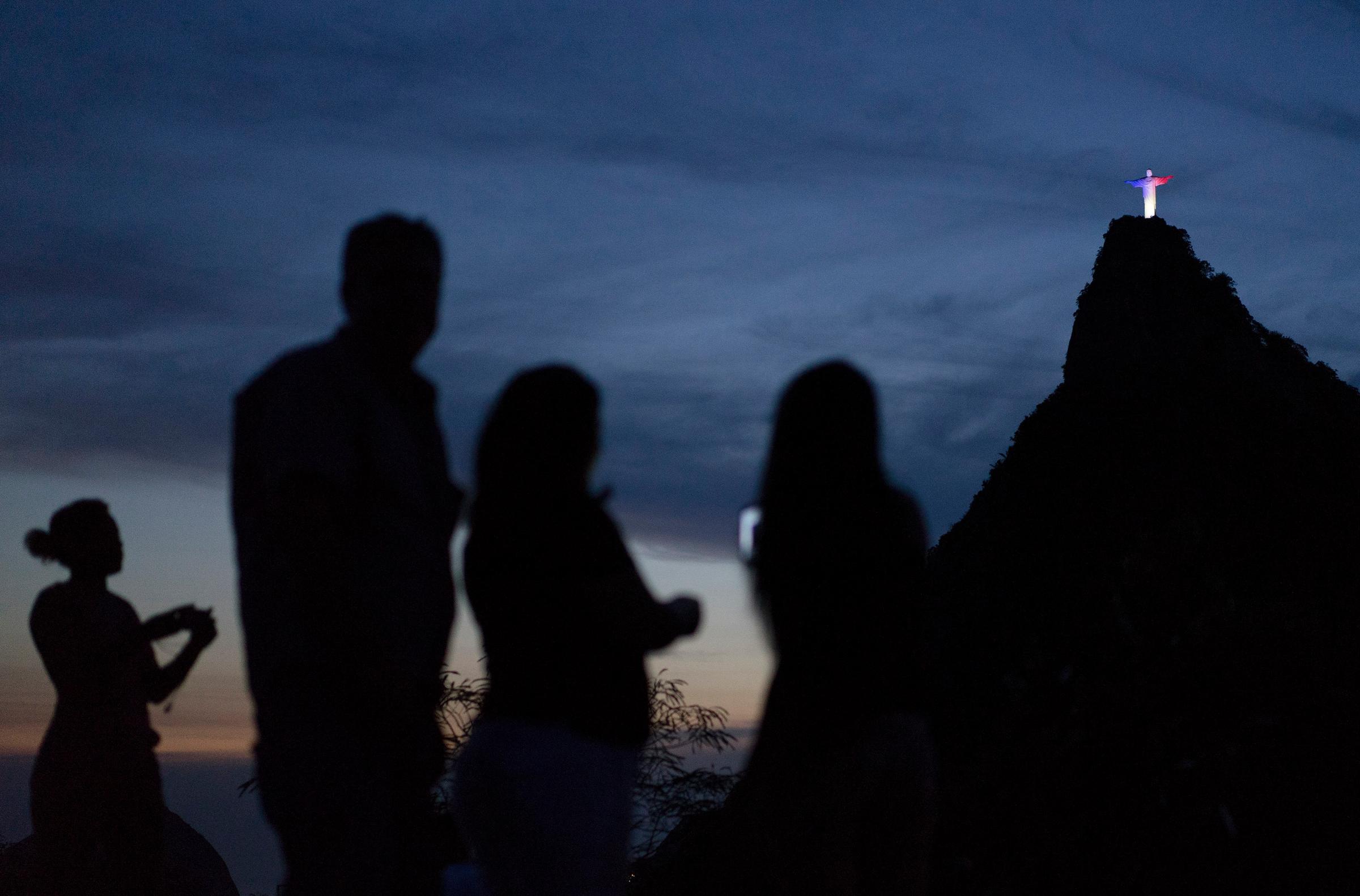
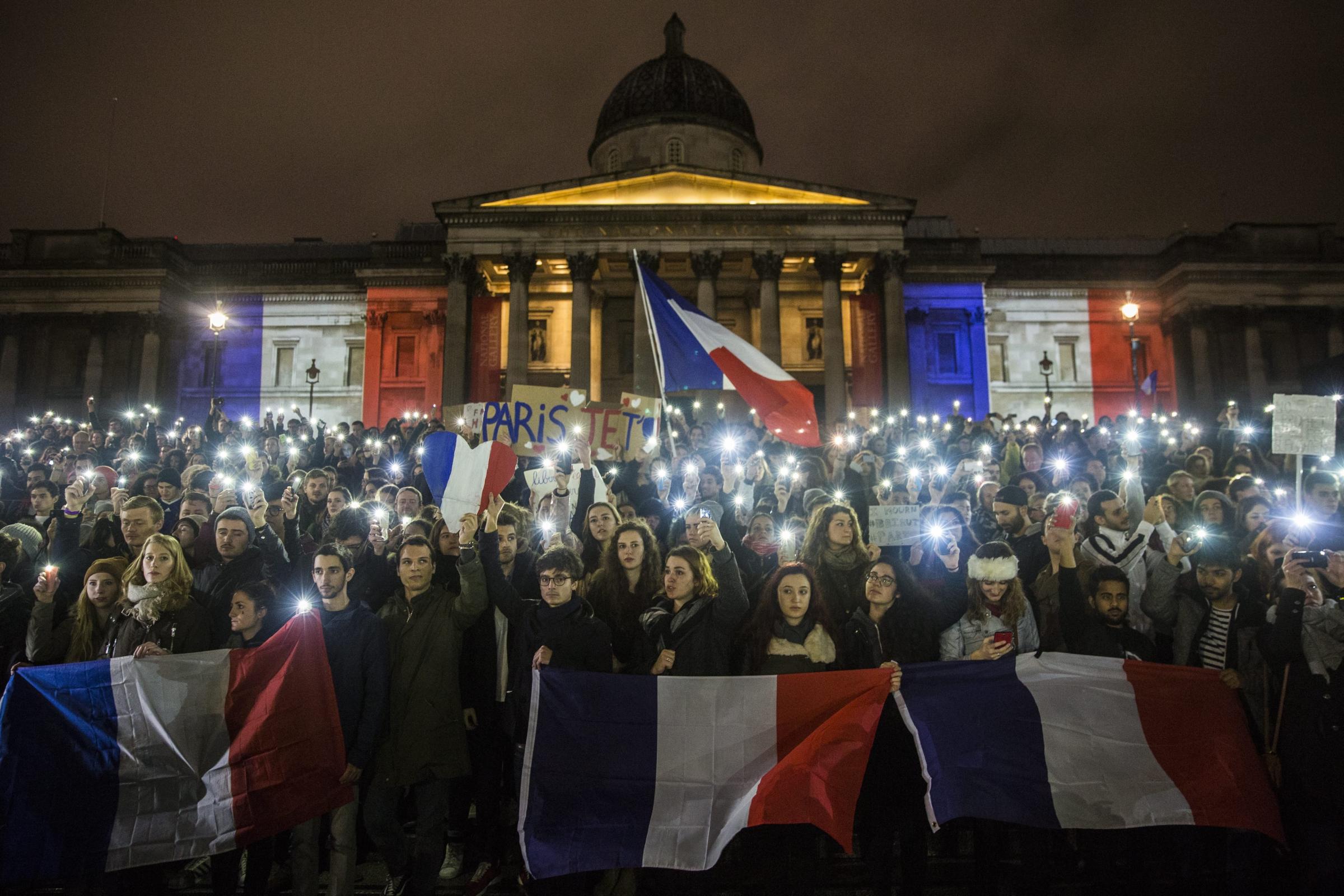
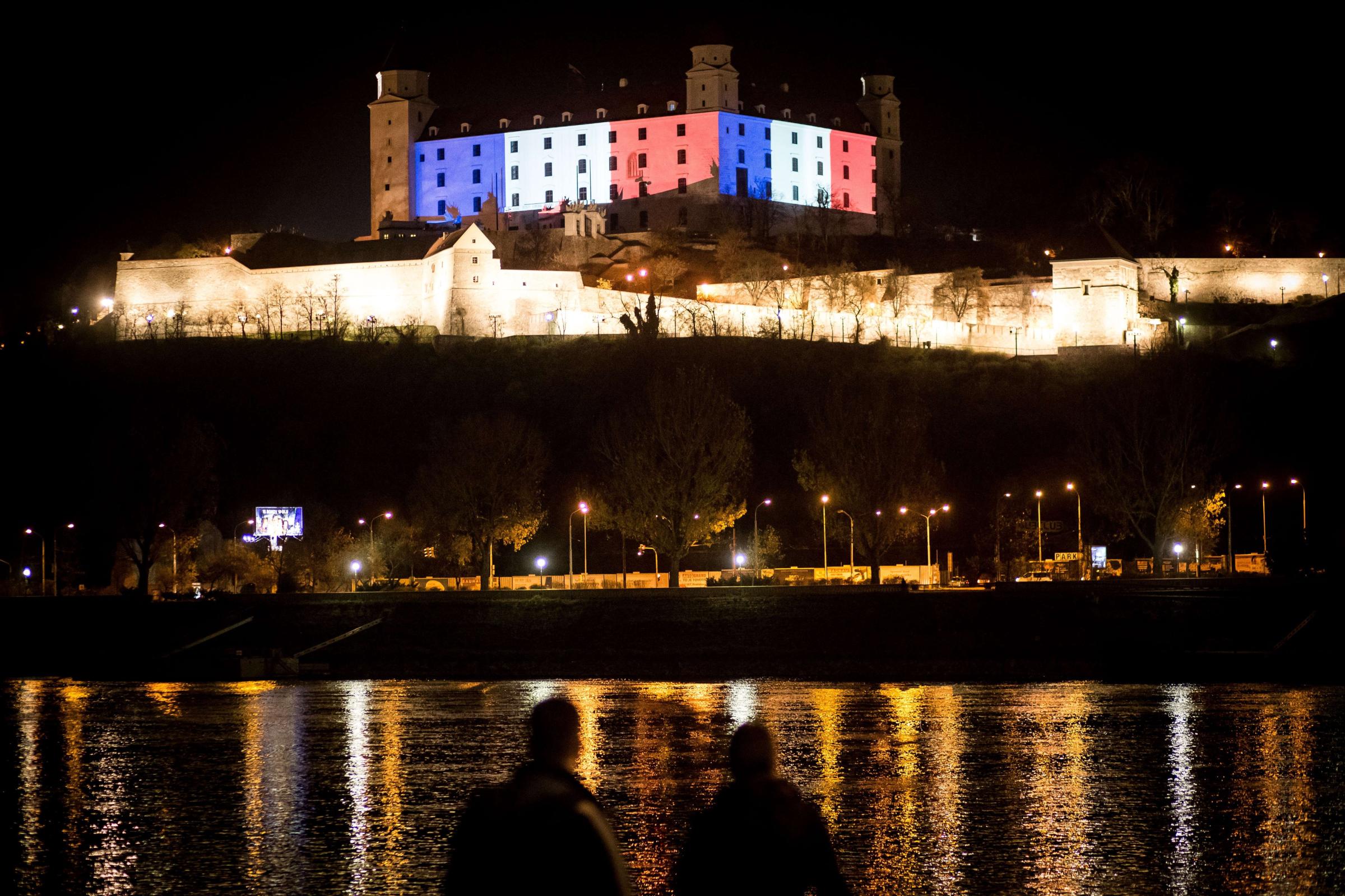
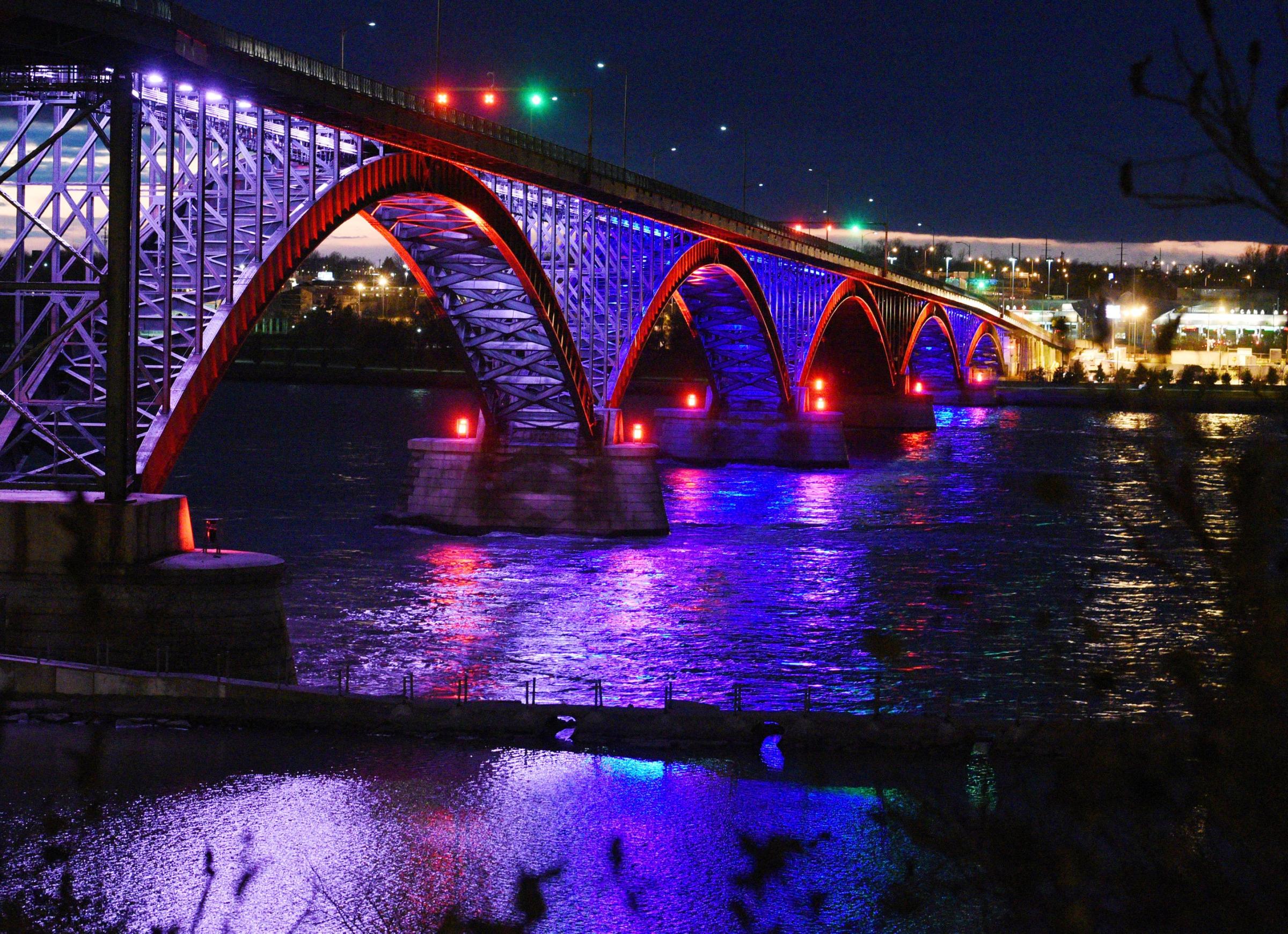
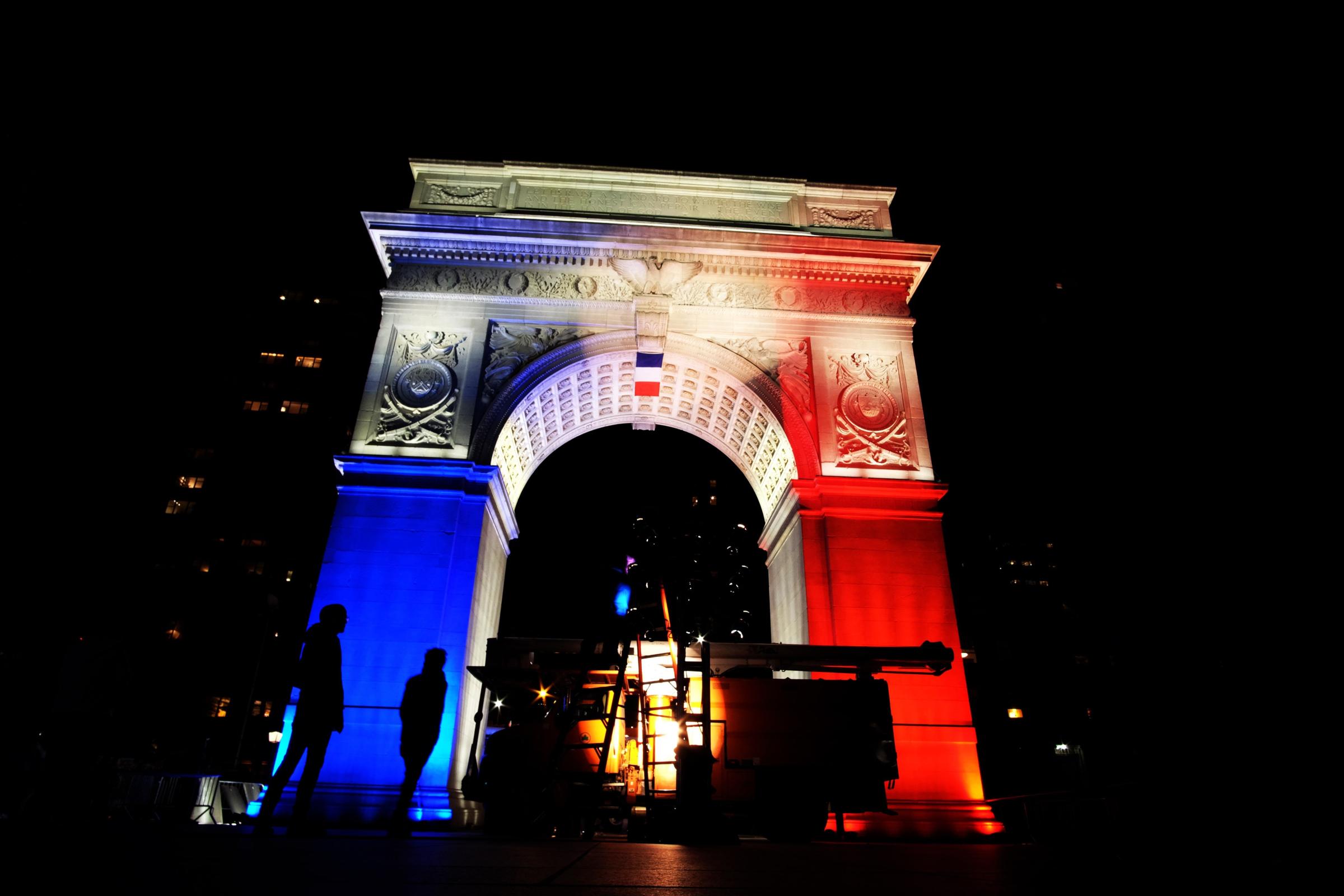
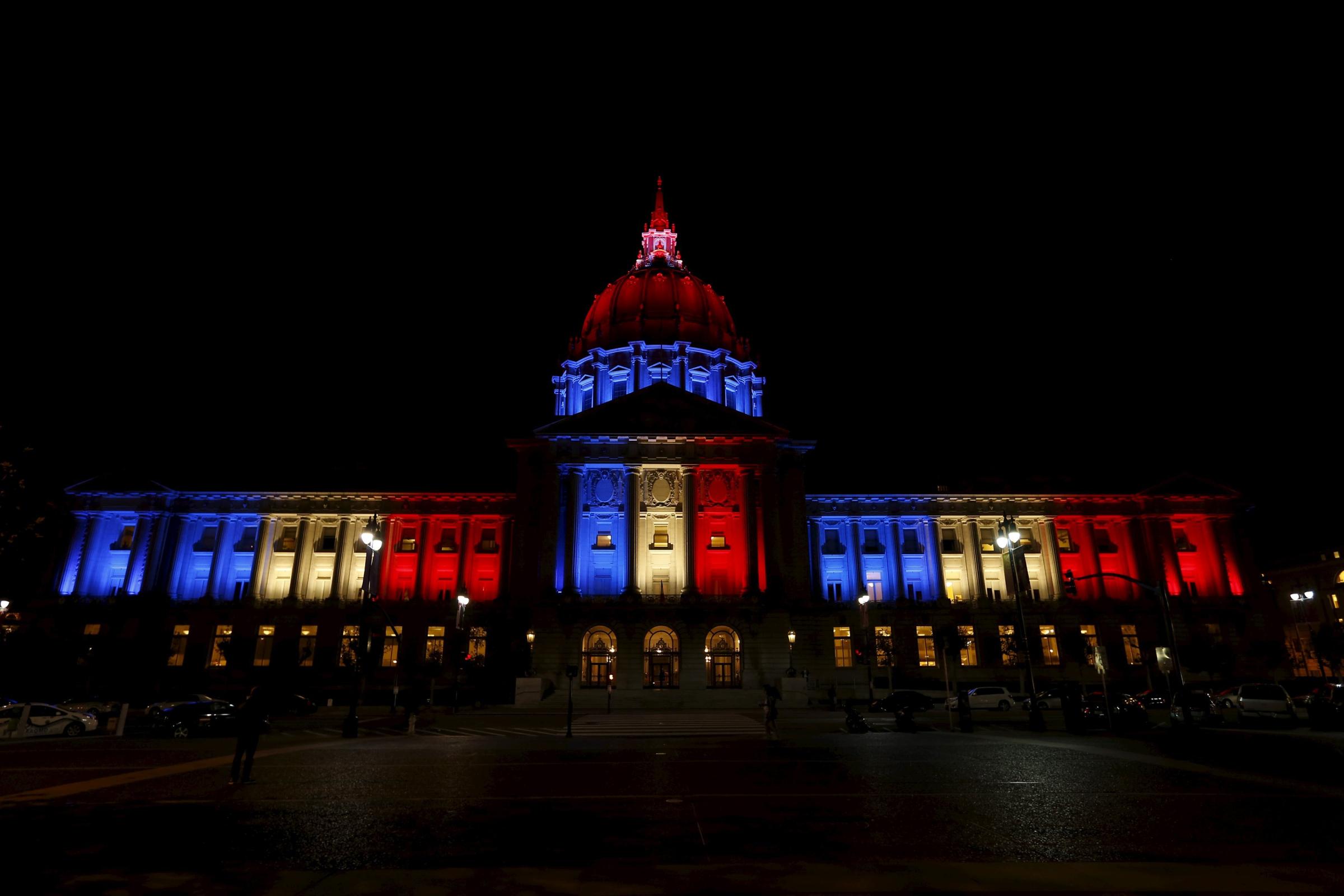
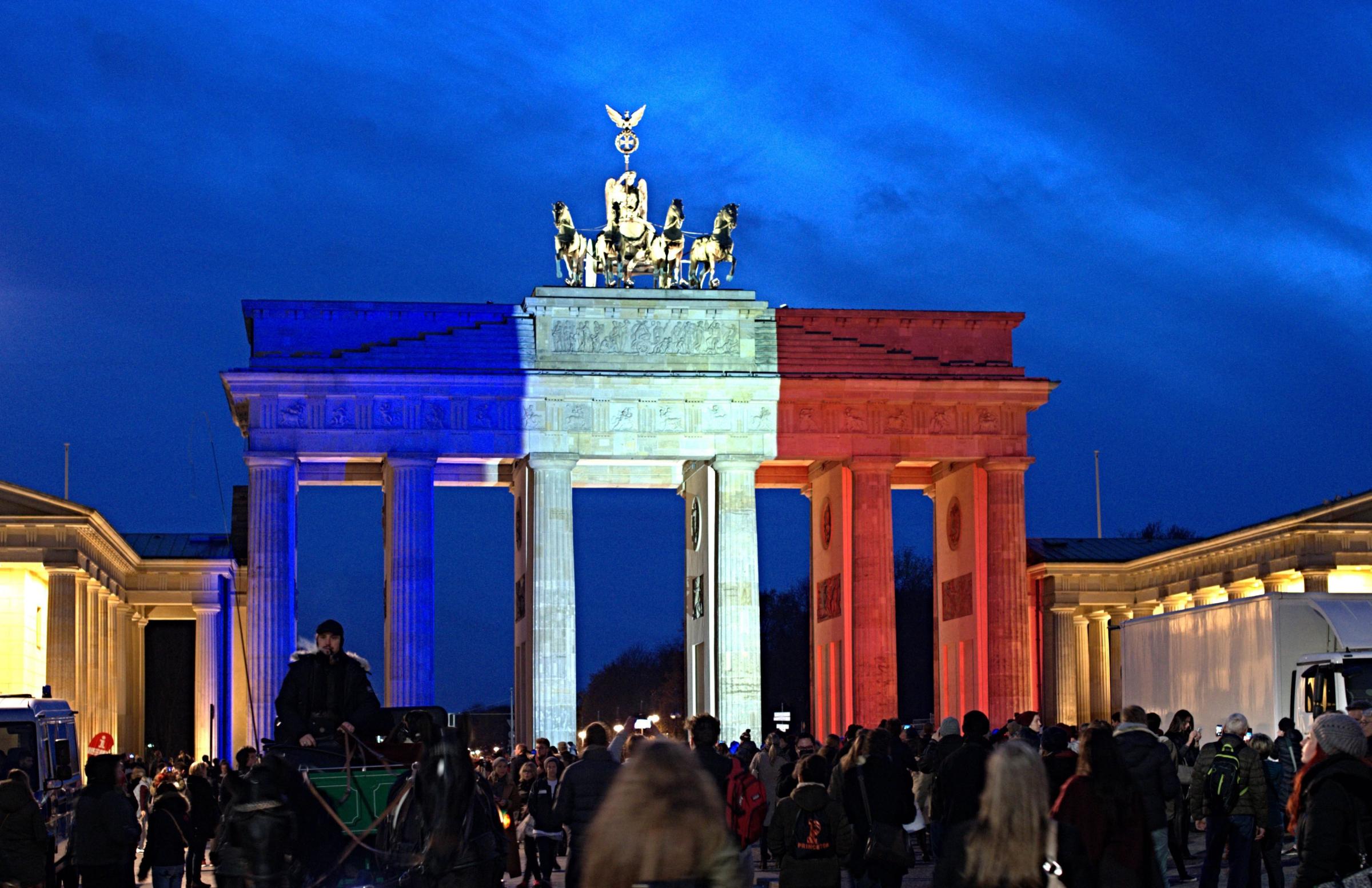
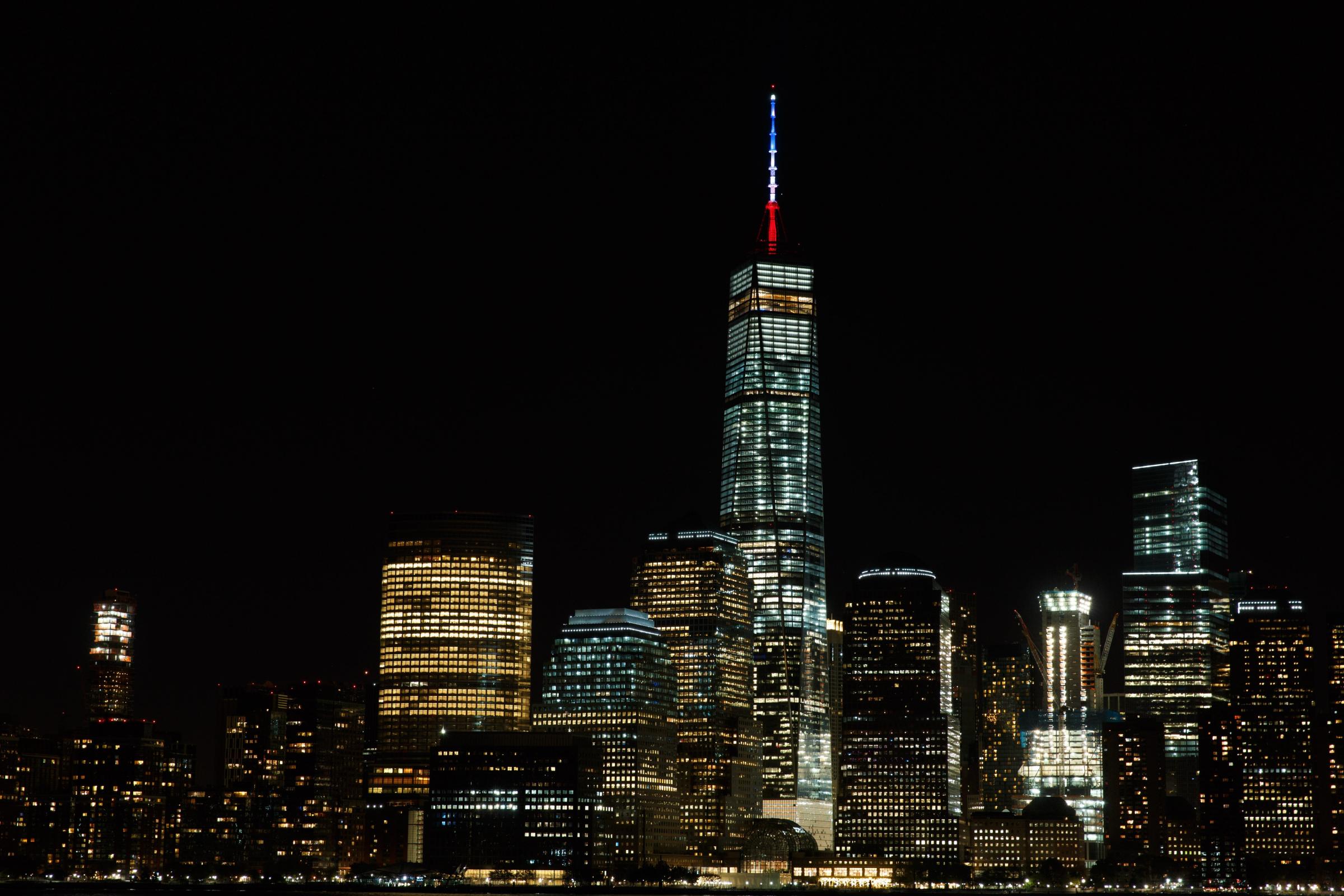
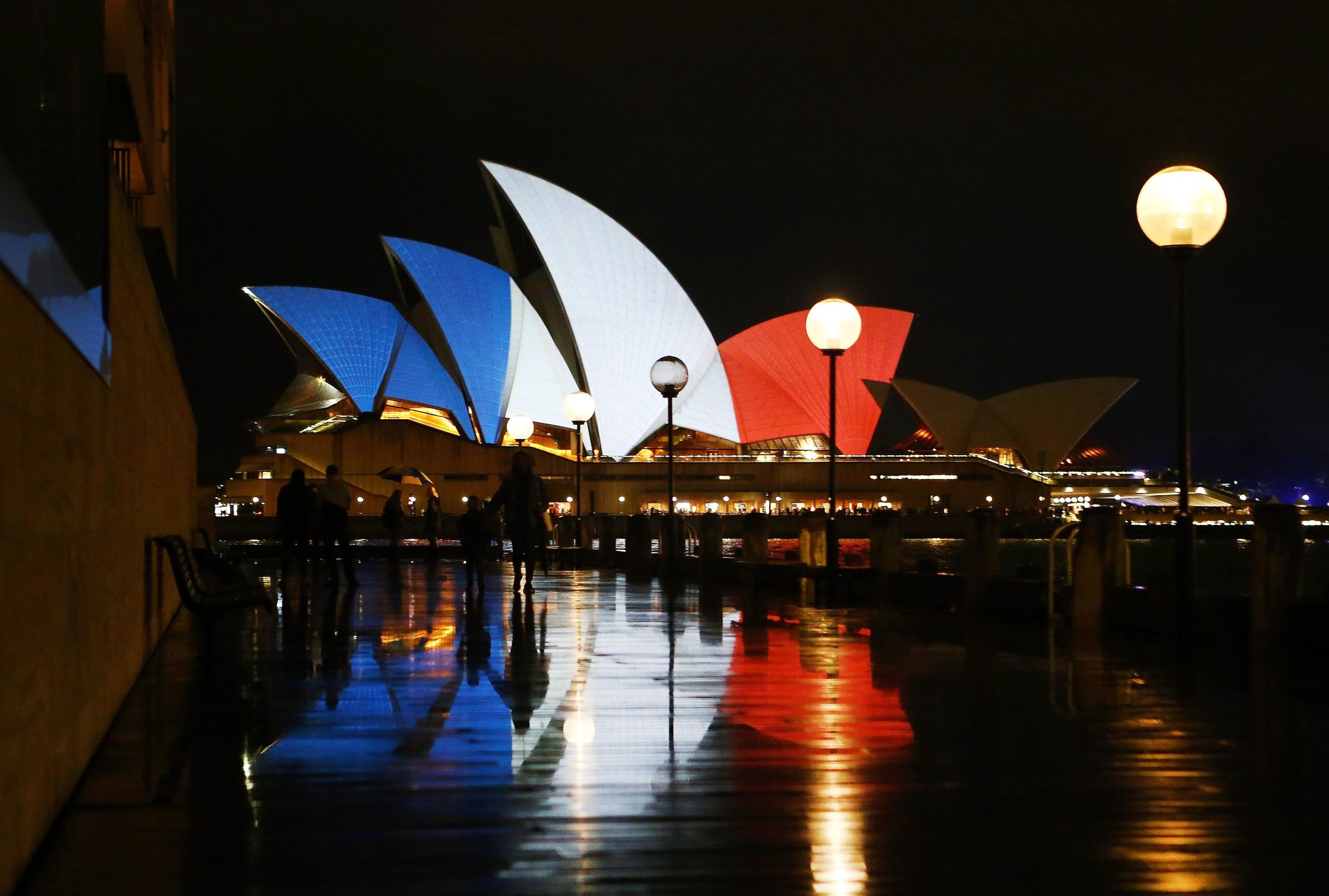
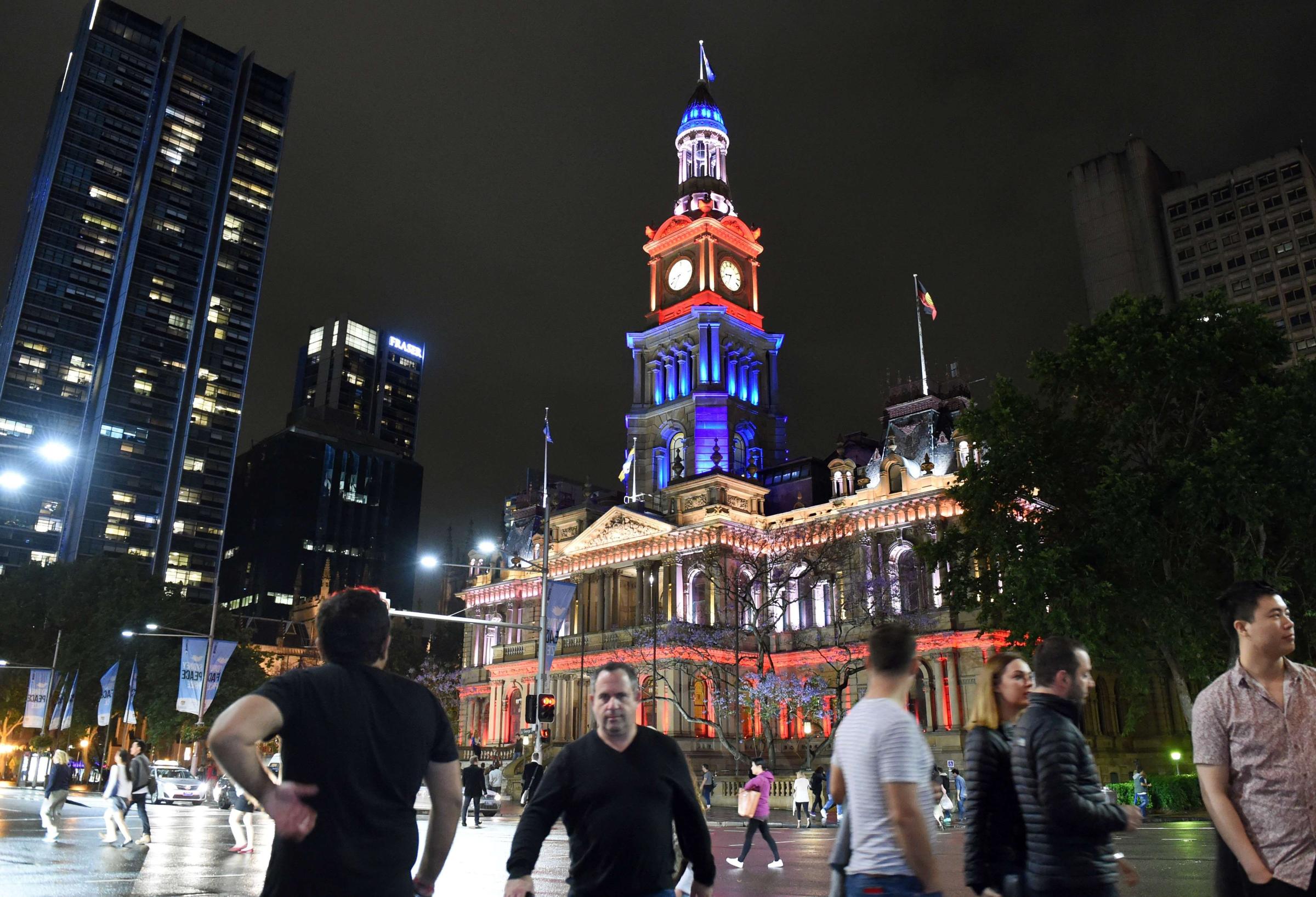
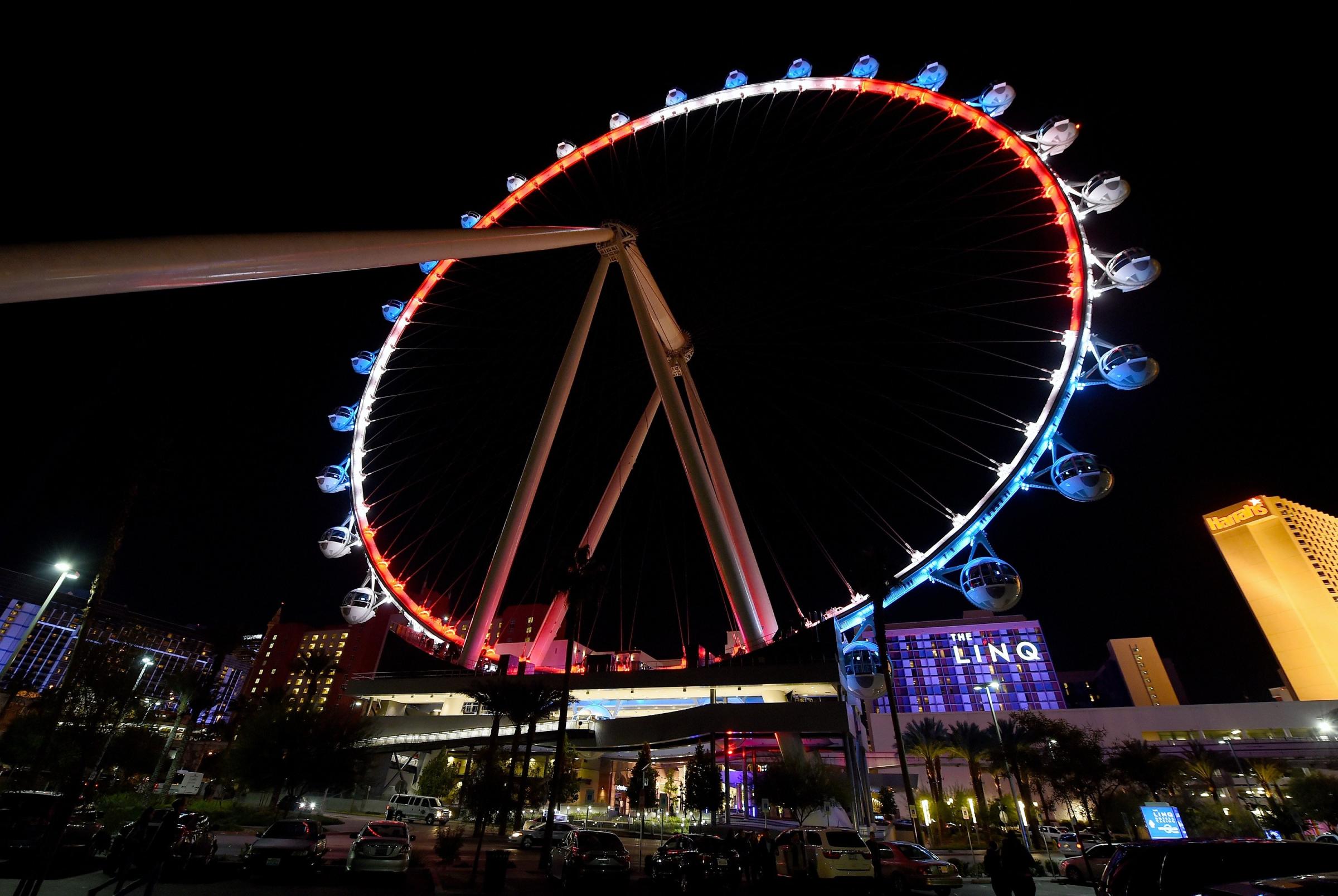
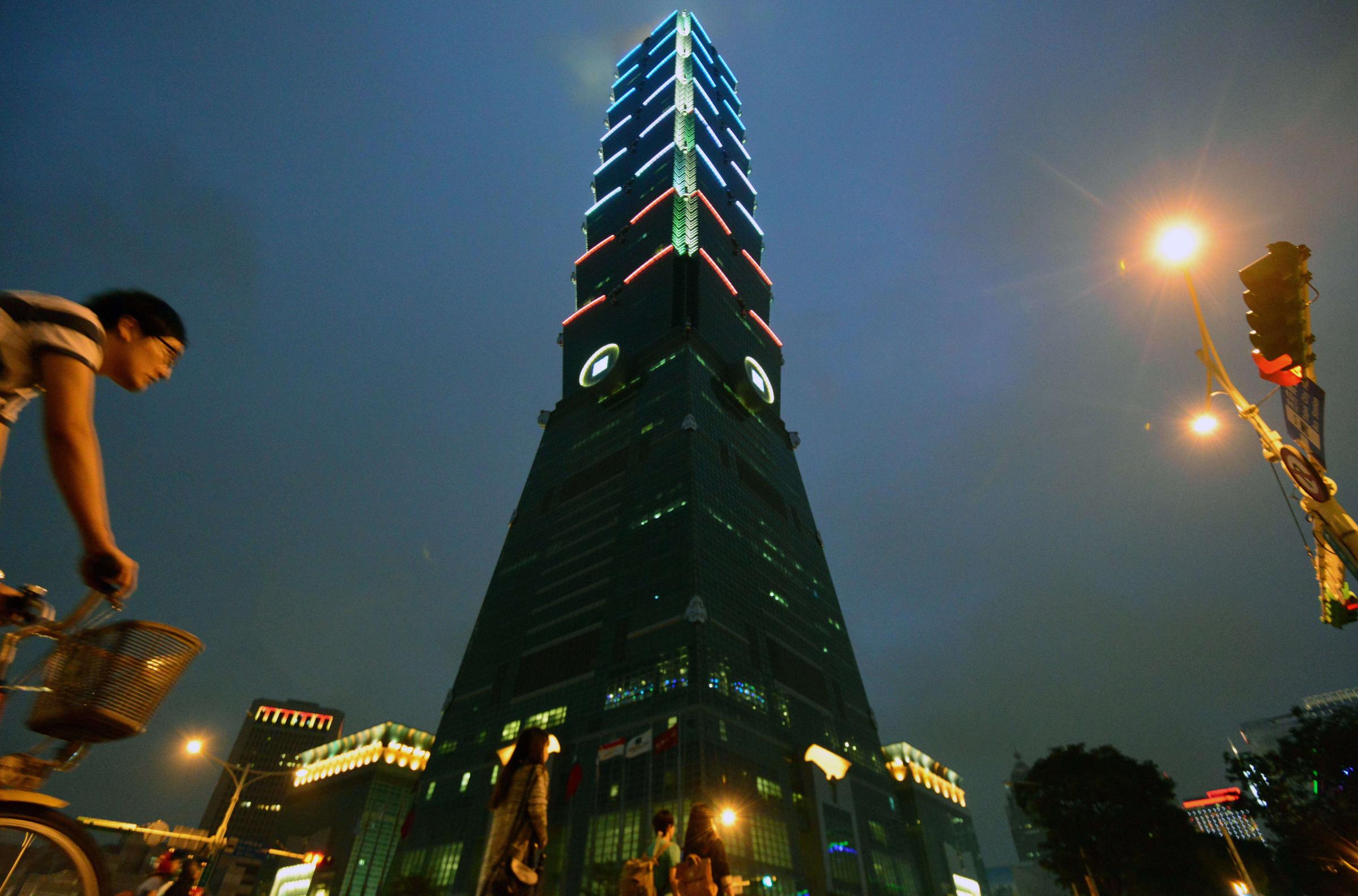
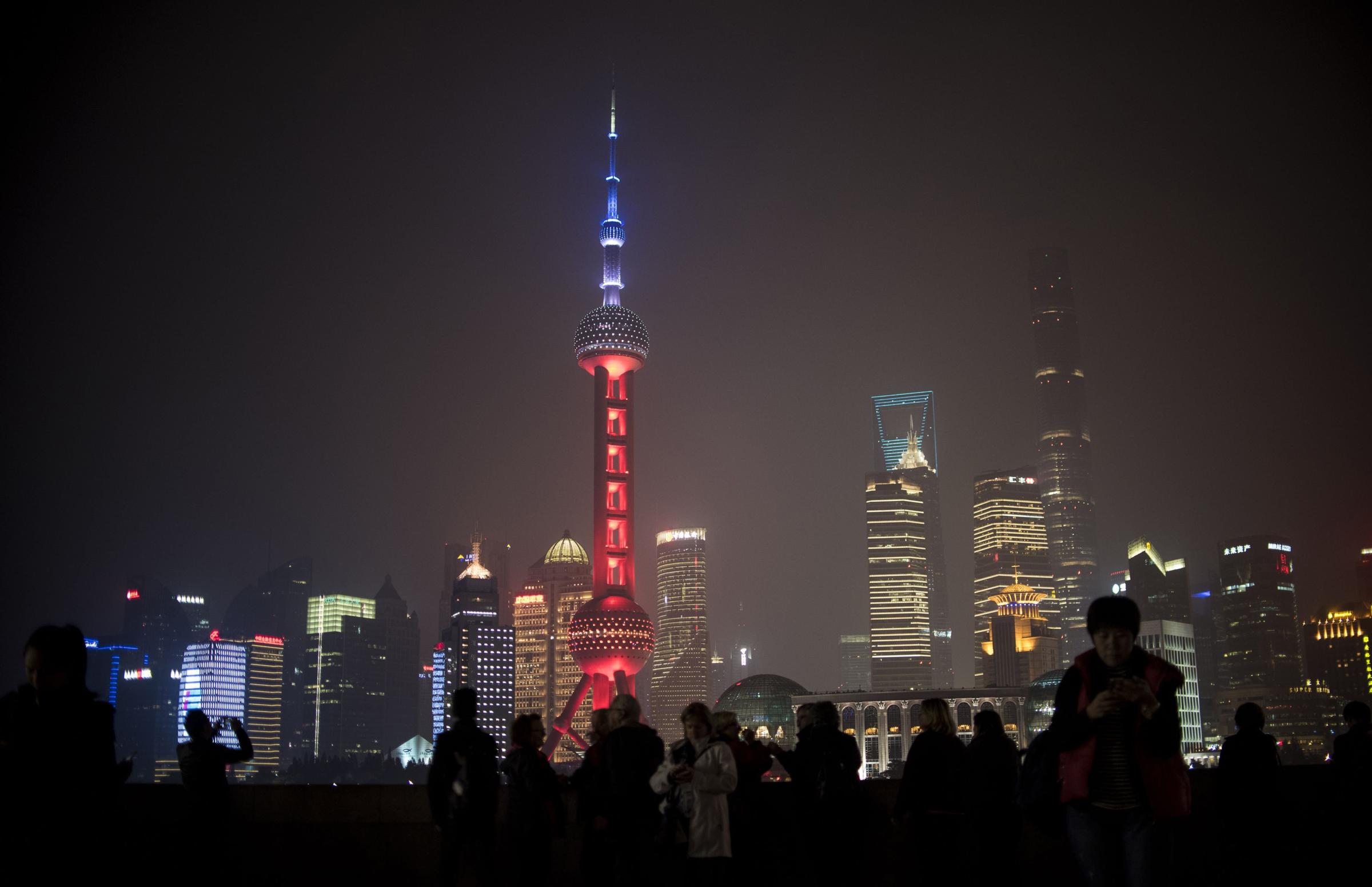
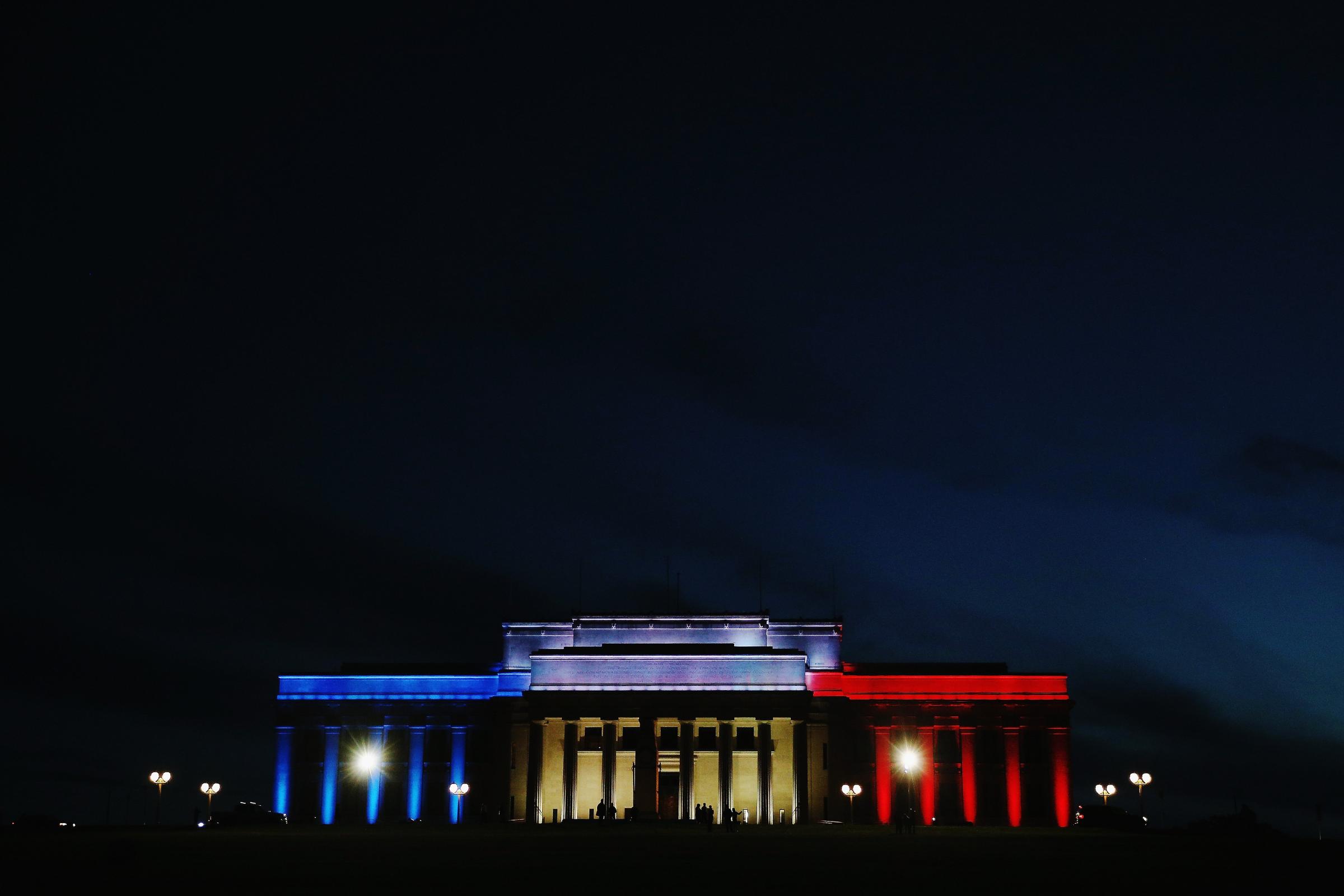
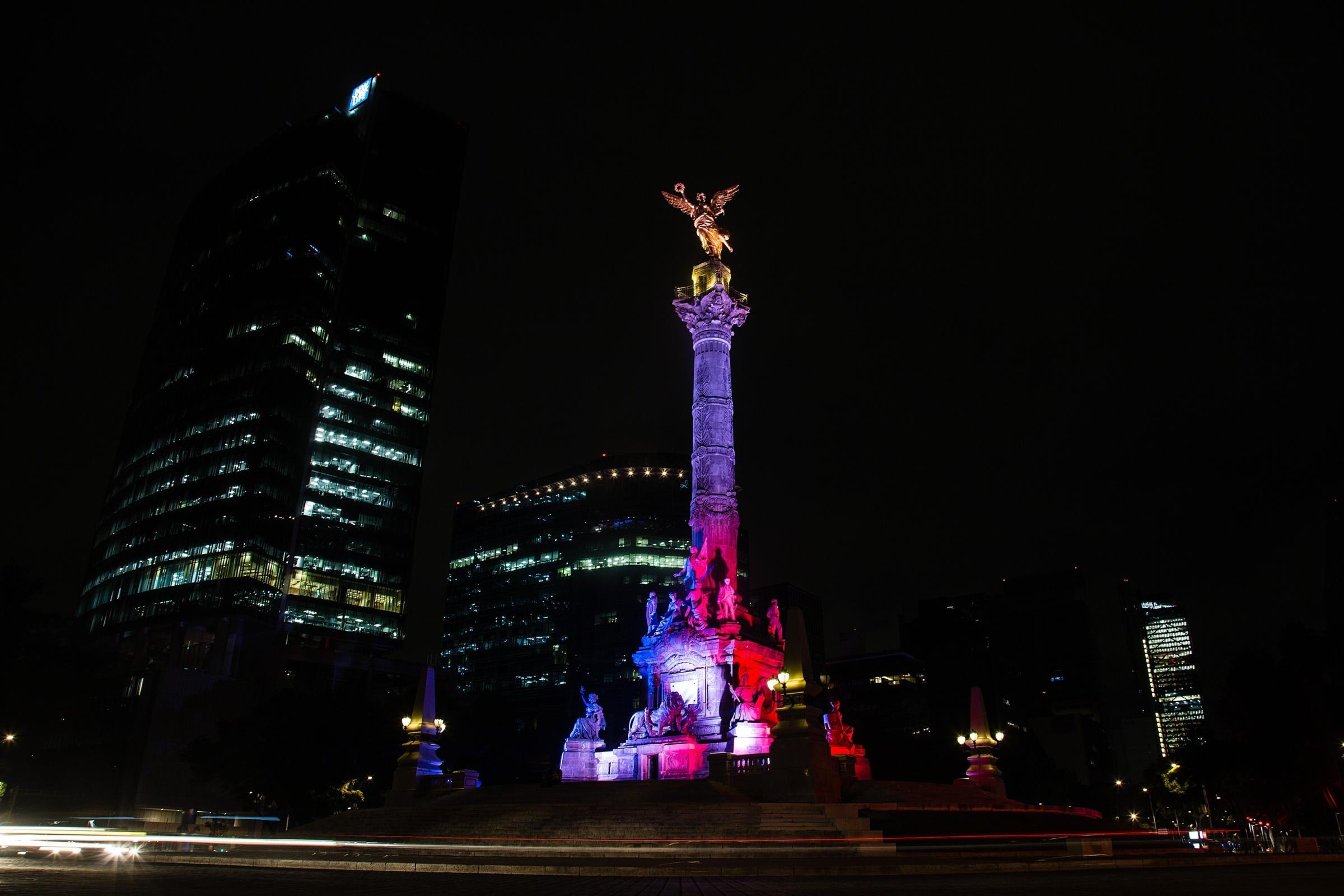
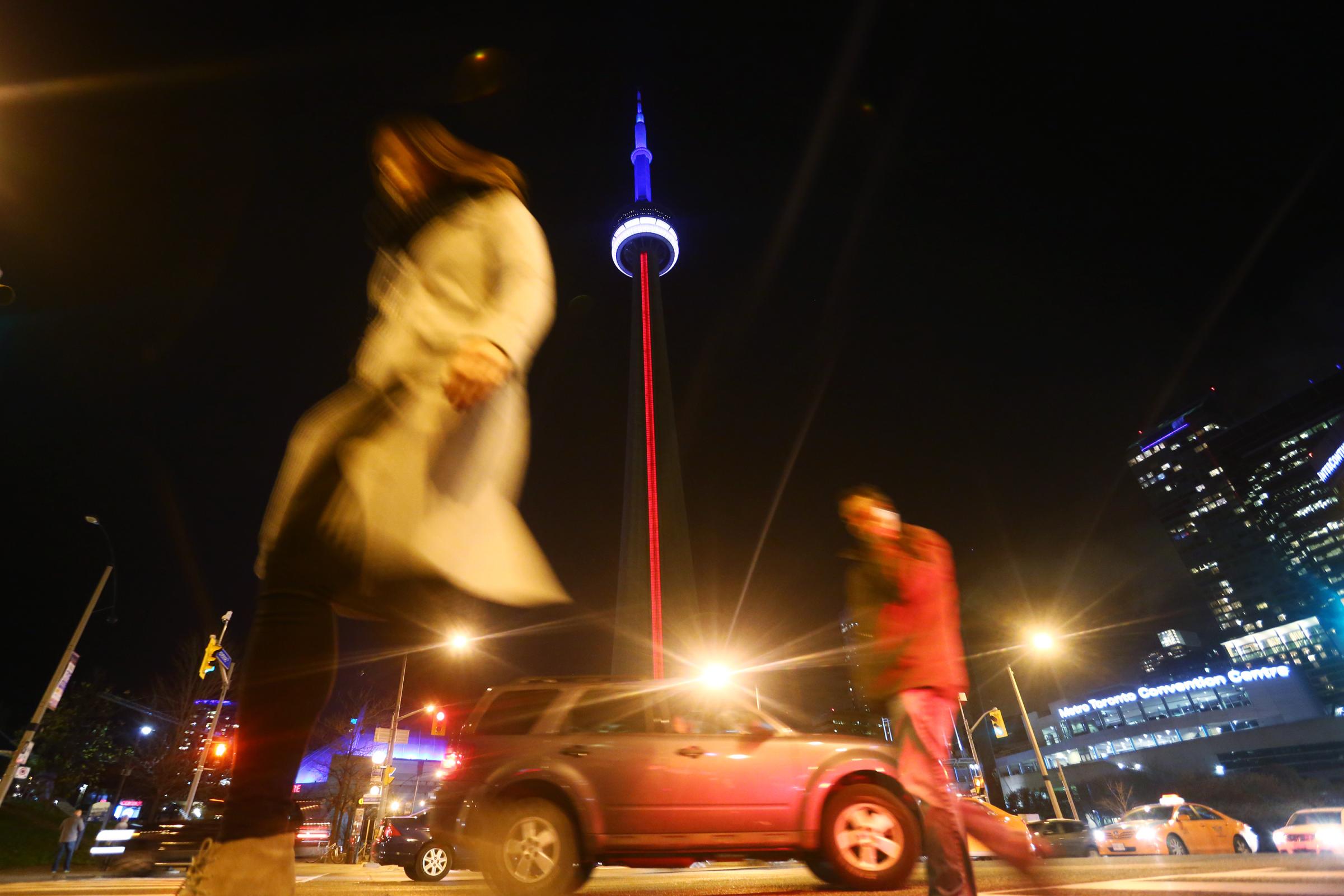
In a flood of details surfacing on Monday about the attackers and the investigation, it became clear that French police and intelligence officials had missed crucial signals and bungled law enforcement actions, both in the run-up to Friday’s deadly assault and in the chaotic hours after.
Samy Amimour, 27, a Frenchman from the Paris suburb of Drancy and one of the suicide bombers from Bataclan concert hall massacre that killed 89 people, had in fact been subject of an Interpol international arrest warrant. France had requested the warrant in 2012, after Amimour slipped out of sight of police, violating a judicial travel restriction because he was suspected of jihadist involvement.
Also on Monday, Turkish officials said they had twice warned France about Omar Ismail Mostefai, 29, another of the Bataclan suicide bombers, but that French authorities had never responded. Mostefai, an Algerian-French resident of a town south of Paris, blew himself in the concert hall. And French police failed to arrest Salah Abdelslam, 26, who rented the Belgium-registered VW Polo that transported the Bataclan attackers to the concert hall, when they stopped his car on the highway linking Paris to Belgium in the hours following Friday’s attack. Belgian and French police have mounted a massive manhunt for him ever since.
Those errors appear perhaps understandable amid the chaotic aftermath of Friday’s attacks. But it has left Hollande and his cabinet vulnerable to criticism that their strategy might have given jihadists opportunities to strike.
“Everyone knew that this kind of terror was going to happen,” Jean-Pierre Filiu, a longtime former French diplomat in the Middle East, told TIME on Monday. “It was not an ‘if,’ it was a ‘when.'” He said part of the problem has been years of distrust between intelligence agencies in the U.S., Turkey and France, which has led to inexact sharing of information: “It is dysfunctional.”
More Must-Reads from TIME
- Donald Trump Is TIME's 2024 Person of the Year
- Why We Chose Trump as Person of the Year
- Is Intermittent Fasting Good or Bad for You?
- The 100 Must-Read Books of 2024
- The 20 Best Christmas TV Episodes
- Column: If Optimism Feels Ridiculous Now, Try Hope
- The Future of Climate Action Is Trade Policy
- Merle Bombardieri Is Helping People Make the Baby Decision
Contact us at letters@time.com